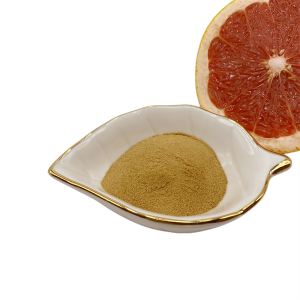Fish protein as organic fertilizer in vegetable cultivation. Its rich nutrient profile and beneficial properties make it an effective tool for enhancing plant growth, improving soil health, and increasing crop yields. Here are some key effects of fish protein in vegetable cultivation:
1. Rich Source of Nutrients
Fish protein is a rich source of essential nutrients, including nitrogen, phosphorus, potassium, and trace elements such as calcium, magnesium, and iron. These nutrients are vital for the healthy growth and development of vegetable plants. When applied to the soil, fish protein provides a balanced nutrient supply, promoting vigorous plant growth and higher yields.
2. Enhanced Soil Health
Fish protein contributes to improved soil health by increasing the organic matter content and enhancing soil structure.
 |
The organic matter in fish protein helps to improve soil aeration, water retention, and nutrient-holding capacity. This creates a more favorable environment for root growth and microbial activity, leading to healthier and more productive vegetable plants. |
3. Stimulation of Microbial Activity
Fish protein acts as a food source for beneficial soil microorganisms, stimulating their activity and proliferation. These microorganisms play a crucial role in nutrient cycling, organic matter decomposition, and disease suppression. By promoting a healthy and active soil microbiome, fish protein helps to create a more resilient and fertile soil ecosystem, which supports the growth of vegetable plants.
4. Improved Plant Growth and Yield
 |
The application of fish protein has been shown to enhance plant growth and increase vegetable yields. The readily available nutrients in fish protein are quickly absorbed by the plants, leading to improved root development, stronger stems, and lush foliage. |
This results in higher photosynthetic efficiency and greater biomass production, ultimately leading to increased vegetable yields.
5. Enhanced Disease Resistance
Fish protein contains bioactive compounds such as amino acids, peptides, and enzymes that can enhance the natural defense mechanisms of vegetable plants. These compounds help to strengthen the plant’s immune system, making it more resistant to diseases and pests. This reduces the need for chemical pesticides and promotes a more sustainable and eco-friendly approach to vegetable cultivation.
Conclusion
The use of fish protein as an organic fertilizer promotes sustainable and environmentally friendly agricultural practices, making it an excellent choice for vegetable growers seeking to improve crop productivity and sustainability.
Post time: Sep-19-2024




